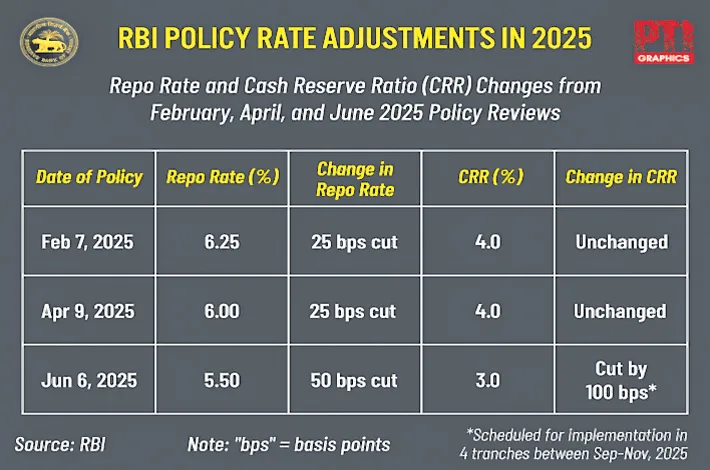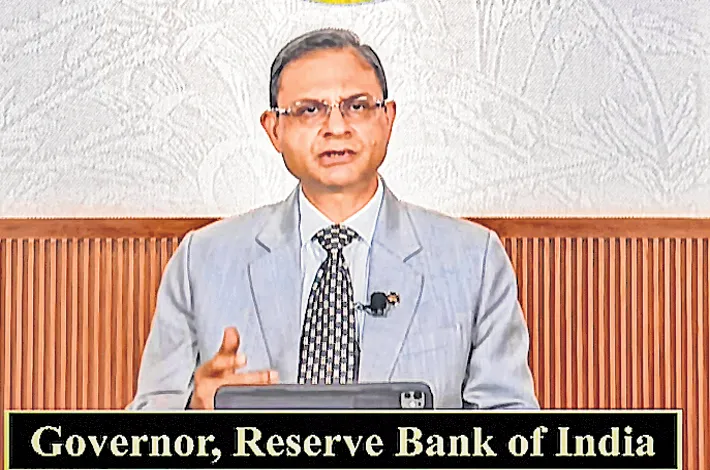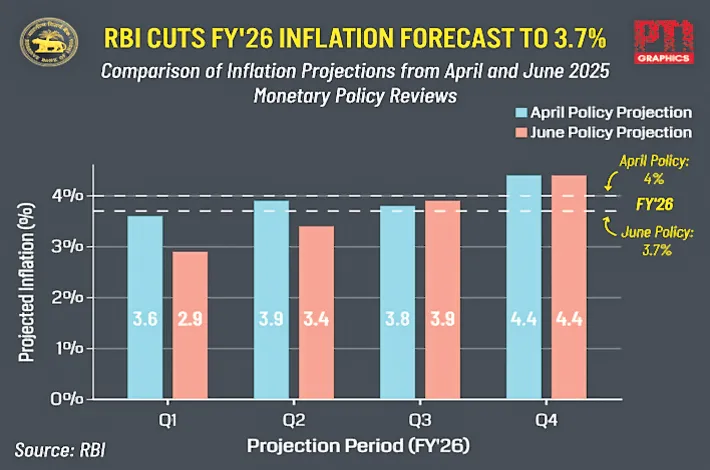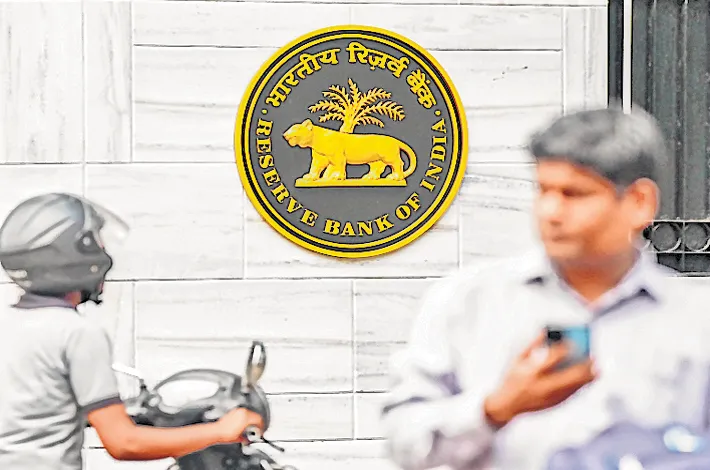The Shadow Over Yavatmal
04-06-2025 12:00:00 AM
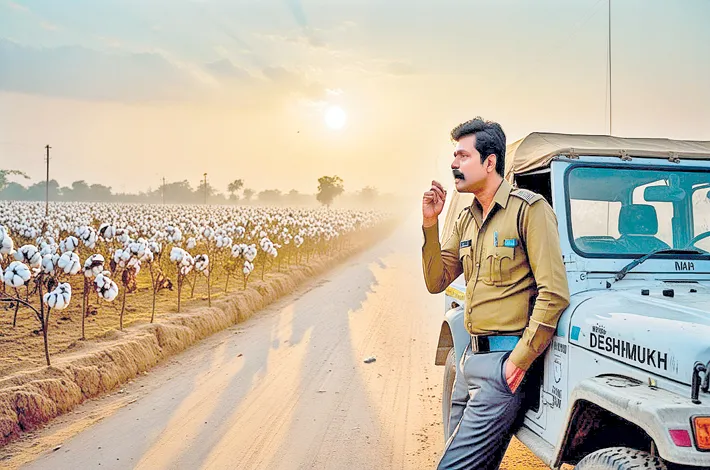
The sun dipped below the cotton fields of Yavatmal, casting long shadows over the dusty roads of this quiet Maharashtrian town. Inspector Arjun Deshmukh, a wiry man in his late forties with a salt-and-pepper mustache, leaned against his battered police jeep, chewing on a betel leaf. The air was thick with the scent of earth and impending rain. Yavatmal was no stranger to petty thefts or land disputes, but tonight, something darker stirred.
Two days ago, a local farmer, Shankar Rao, had been found dead in his sugarcane field, his throat slashed with surgical precision. The village buzzed with whispers of curses and old rivalries, but Arjun, a man of logic forged by years in the Nagpur Crime Branch, dismissed superstition. He’d been reassigned to Yavatmal after a botched case in the city—a punishment, they called it. But Arjun saw it as a chance to prove himself.
The crime scene was a mess. Monsoon rains had turned the field into a quagmire, washing away footprints. Shankar’s body lay under a tarp, his vacant eyes staring at the sky. The only clue was a strange symbol carved into a nearby tree: a circle with a jagged line through it, like a broken wheel. Arjun’s gut told him this wasn’t a random killing.
He started with Shankar’s family. His widow, Sunita, sat in their mud-walled home, her eyes red from crying. “He had no enemies,” she insisted, clutching a faded photo of her husband. “He was just a farmer.” But Arjun noticed her glance flicker toward a locked trunk in the corner. He didn’t press—yet.
Next, he visited the village sarpanch, Balwant Patil, a burly man with a reputation for bending the law. Balwant claimed ignorance, but his shifty demeanor betrayed him. “Shankar was trouble,” he muttered. “Always poking into things that didn’t concern him.” When Arjun pressed about the symbol, Balwant’s face paled. “Old stories,” he said curtly. “Nothing for you to worry about.”
Back at the police station, Arjun pored over Shankar’s file. The man had been vocal about illegal sand mining along the Wardha River, a lucrative trade rumored to involve powerful figures. Arjun’s constable, a nervous young man named Vijay, mentioned whispers of a local cult tied to the river. “They call it the Kala Chakra,” Vijay said, lowering his voice. “The Black Wheel. People say they mark their kills with that symbol.”
Arjun scoffed but couldn’t ignore the coincidence. He drove to the riverbank under a moonless sky, the air heavy with the threat of a storm. The water glinted darkly, and there, etched into a banyan tree, was the same broken-wheel symbol. As he examined it, a twig snapped behind him. He spun, hand on his service revolver, but saw only shadows. Then, a glint of steel in the darkness—a blade arcing toward him.
Arjun ducked, tackling his attacker. They rolled into the mud, grappling. The assailant, a wiry man in a black shawl, slipped free and vanished into the reeds. Arjun’s heart pounded, but he’d caught a glimpse of a tattoo on the man’s wrist: the same broken-wheel symbol.
The next morning, Arjun interrogated Shankar’s neighbor, a jittery man named Ramesh who’d been seen arguing with Shankar days before his death. Ramesh swore it was over a shared well, but his hands trembled. Arjun noticed a fresh bruise on his wrist—same spot as the attacker’s tattoo. “Who’s in the Kala Chakra?” Arjun demanded, slamming his fist on the table. Ramesh broke, sobbing. “They’ll kill me! It’s not just me—it’s Balwant, the mining contractors, everyone!”
Ramesh confessed that Shankar had stumbled onto a smuggling ring tied to the sand mafia. The Kala Chakra wasn’t a cult but a front for their operations, using fear to silence dissenters. Shankar had threatened to go to the authorities, so they’d marked him for death. Balwant, the sarpanch, was their enforcer.
Arjun knew he was out of his depth. The mafia had eyes everywhere, and his small team was no match for their reach. But he couldn’t back down. He set a trap, leaking word that Ramesh had spilled everything. That night, he staked out the riverbank with Vijay, hidden among the reeds. Hours passed in tense silence until headlights pierced the darkness. Balwant emerged, flanked by two men, one with a familiar tattoo.
“Finish it like Shankar,” Balwant growled, unaware of Arjun’s presence. As the men raised their blades, Arjun sprang, firing a warning shot. Chaos erupted. Vijay tackled one thug, while Arjun wrestled Balwant into the mud. The tattooed man lunged, but Arjun’s training kicked in—a swift jab to the throat sent him sprawling.
By dawn, Balwant and his men were in cuffs, the smuggling ring exposed. The Kala Chakra’s myth unraveled, revealing a network of greed stretching beyond Yavatmal. Arjun stood by the river, the broken-wheel symbol now just a scar on a tree. The case had cost him bruises and sleepless nights, but it had also restored his fire. Yavatmal might be quiet again—for now—but Arjun knew the shadows would always linger, waiting for their next chance to strike.





